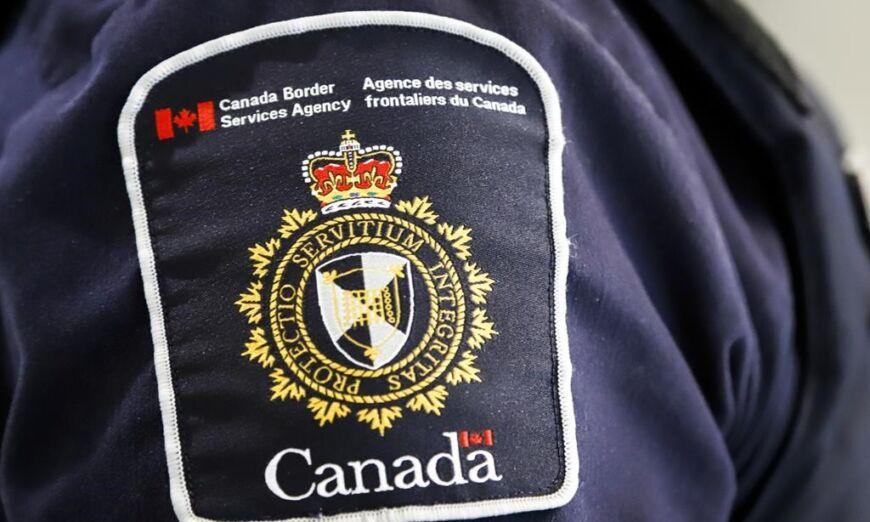The unions representing more than 9,000 Canadian border workers say they will start job action by June 7 if they can’t reach a deal with the federal government.
The Public Service Alliance of Canada and the Customs and Immigration Union (CIU) said while they hope to avoid strike or job actions—and the resulting border disruptions—a 4 p.m. deadline has been set.





